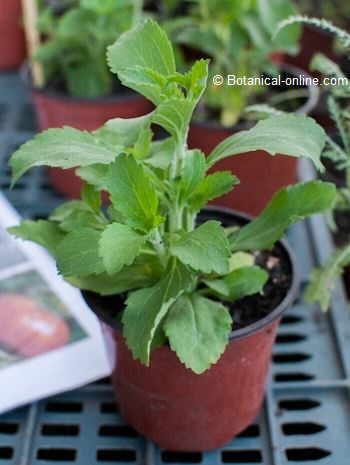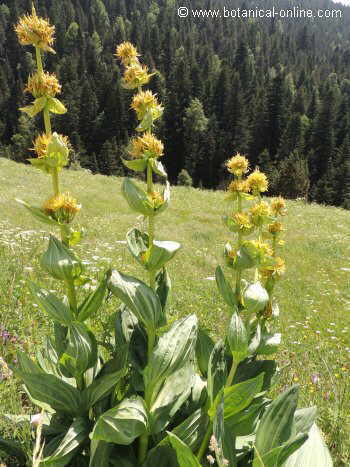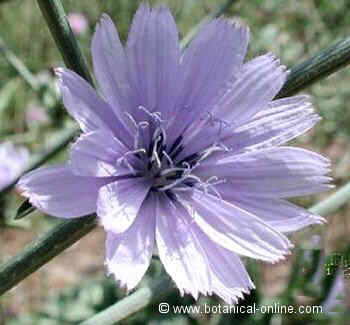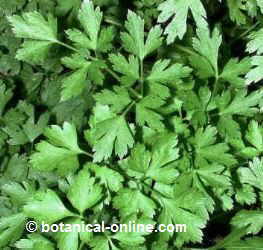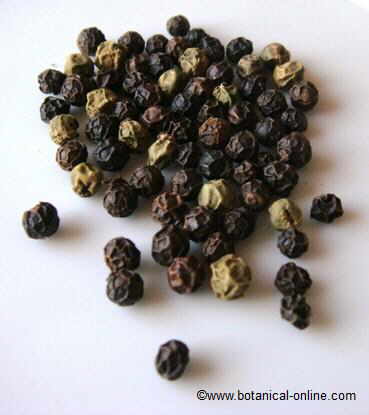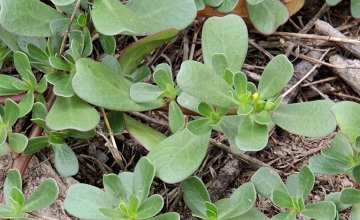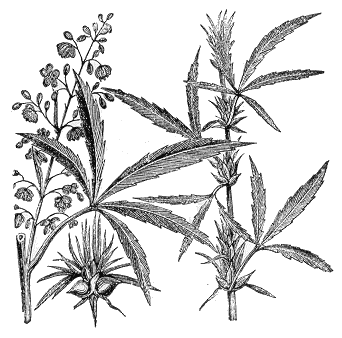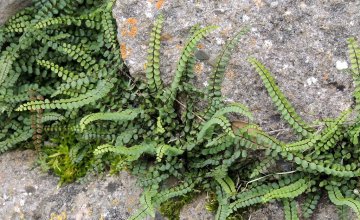Contents
Herbal remedies for edemas
NATURAL TREATMENT OF FLUID RETENTION OR EDEMAS

Some very good diuretic remedies
The natural treatment edemas involves the use of a number of alternative resources that can supplement those treatments prescribed by your doctor. Among them we will mention in particular:
- Herbal medicine or phytotherapy: Using the right plants (diuretic plants) to remove excess body fluids.
- Diet: Use of food with diuretic properties.
Phytotherapy : Medicinal plants for edema
Phytotherapy in the treatment of edema involves the use of a number of plants with anti-edema properties, that is to say, plants that increase urination by means of stimulating the kidneys and increasing the fluid excreted through the urine.
Infusions and decoctions for edemas

The infusion of dandelion leaves is very useful to treat edemas
Using some teas with medicinal herbs can be very useful to prevent or treat edemas. Among the main preparations we can point out the following:
- Dandelion: (Taraxacum officinale Web.) It is one of the plants with more power to remove water remaining in the body. Very useful to deflate the body in general. (Decoction for quarter of an hour of a handful of dried leaves and roots pints of water. Take a cup before each meal.) (Salad of fresh leaves)
- Fucus: (Fucus vesiculosus) Many current diuretic preparations contain this plant together with other diuretic plants. It is considered that the increase in metabolism along with its potassium content helps eliminate fluid retention.
- Maize/Corn: (Zea mays) A decoction of a couple of tablespoons of corn silk for a cup of water for 20 minutes is also useful as a stimulant to the kidneys so it is ideal to treat fluid accumulation even when responding to problem of kidney failure. Dangerous treatment. Consult with your doctor.
- Stevia (Stevia rebaudiana) The steviol also works in the diuretic properties of this plant. (Infusion of 1 tsp of stevia per cup, three times daily) (Sweetener of stevia extract)
- Cherry tree: (Prunus avium) It stimulates urination, so it is appropriate in cases where it has to stimulate the kidneys to increase urination, in diseases such as obesity, edema (fluid accumulation in the body with swelling of tissue), inflammation of the kidneys (nephritis), kidney failure, etc. (See treatment in the study of plant)
- Goldenrod (Solidago virgaurea) (Infusion of 1 tablespoon per cup, let stand 5 minutes. Take 2 times a day. 1 time every two hours)
- Agave (Agave americana) With diuretic properties (Infusion of 5 tablespoons of dried leaves per liter of water. Take four cups with a little honey.)
- Gentian (Gentiana lutea) (Maceration at 0, 2% of gentian root for a couple of days. Drain well and dissolve 400 gr. of honey. Drink a couple of little cups a day)

Gentian plant in the mountain
- Jackfruit: (Artocarpus heterophyllus) Eat this fruit.
- Common fumitory: (Fumaria officinalis L.) It constitutes an effective remedy for the elimination of water in the ankles and abdomen produced by heart failure. (Infusion for 15 minutes, 4 tablespoons per 250cc of water. Two cups a day)
- Onion: (Allium cepa) It favors the elimination of body fluids, being very appropriate in cases of fluid retention from rheumatism, gout and kidney failure. (3 cups a day by macerating 50 g of crushed onion in a liter of wine)
- Chicory: (Cichorium intybus) Chicory acts on the liver and helps improve liver failure often responsible for fluid retention in the stomach. Moreover, the diuretic properties of its acids stimulate kidney function and make this plant suitable for other diseases that cause fluid retention, such as arthritis or gout. (Decoction of 30 gr. crushed dried root per liter of water. A couple of cups a day)

Chicory flower
- Watercress: (Nasturtium officinale) Watercress is a valuable plant to treat water retention. Its high proportion of magnesium, potassium and calcium give it this property. Use this remedy in cases of oliguria, that’s to say, when there is a less urine than normal. (Place 25 g of fresh plant in a glass of cold water overnight. The next day take 4 tablespoons of the soaking resulting maceration, throughout the day)
- Guarana: (Paullina cupana) The Amazonian people use guarana as a remedy for the retention of body fluids.)
- Juniper (Juniperus communis L.) (Decoction of 1 spoonful of dried fruit per liter of water. To drink 2 or 3 cups per day)
- Honey suckle (Lonicera caprifolium) Preparations of this plant help reduce edema and swelling in the body. (Infusion for 10 minutes a pinch of crushed leaves per cup of water. Take two or three glasses a day)
- Spiny restharrow (Ononis spinosa): This plant’s ability to boost urine can help remove fluid retained in the body, which helps to improve the symptoms of diseases such as dropsy, abdominal dropsy, arthritis or gout. (Make an infusion with a teaspoon of dried root (34 gr) per cup of water. Take two or three cups a day)
 Restharrow flowers and leaves
Restharrow flowers and leaves - Sundew (Drosera spp.) Sundew has diuretic properties due to its richness in flavonoids (hyperoside, kaempferol), which empowers it as an adjunct in the natural treatment of edema. (Infusion of 1 2g. Per cup, three times daily)Drosera extract contains plumbagin
- Kidney vetch: (Anthyllis vulneraria) The diuretic properties of woundwort may be useful for removing body fluids. Indirectly its ability to increase urine production may favor the treatment of diseases such as arthritis, obesity or gout. (Infusion of a teaspoon of dry flowers by water cup. Take three cups a day)
- Birch (Betula alba) preparations of this plant helps to eliminate retained fluids in the body (infusion for 10 minutes a teaspoon of dried leaves per cup of water with a squeeze of lemon juice. Take two or three glasses a day)
- Parsley: (Petroselinum crispum) It is one of the best diuretics, due to apiol action that encourages the elimination of body fluids, being very appropriate in cases of obesity, rheumatic diseases and heart diseases associated with water accumulation in the body. (Take 3 tablespoons of juice per day, obtained by crushing the plant or buy it in a specialized shop)

Parsley leaves
- Blackcurrant: (Ribes nigrum) (10 ml of fluid extract of the leaves per day, divided into two doses after the two main meals. For sale in pharmacies or herbalists) Do not use it when liquid retention is produced by renal or cardiac insufficiency, except when the doctor it considers it opportune.
- Pine: (Pinus sylvestris) Diuretic ability of Scots pine is suitable when you want to increase the production of urine. (Decoction for a couple of minutes 4 tablespoons of pine cone buds per liter of water. Filter the preparation after it has been left to stand for half an hour. Drink 2 cups a day, sweetened with honey.)

Pine cone buds
- Hawthorn: (Crataegus oxyacantha) Used for the treatment of the retention of liquids derived from a slight heart failure.
- Red Grapevine: (Vitis vinifera L.) The use of this plant it is an aid to eliminate fluids and helps to purify blood and improve treatment of anomalies related to excessive retention of body fluids, such as in edema, gout or arthritis. (Decoction for ½ hour, 30 g of tendrils in one liter of water. Allow to cool for 30 minutes more, strain and take two glasses per day)
![]() More information on water retention.
More information on water retention.

